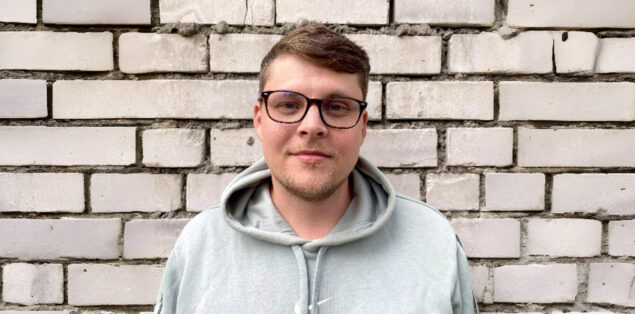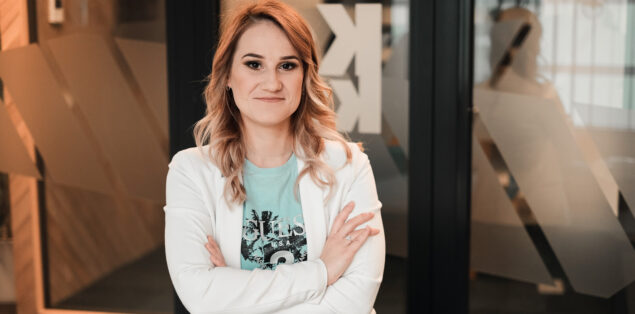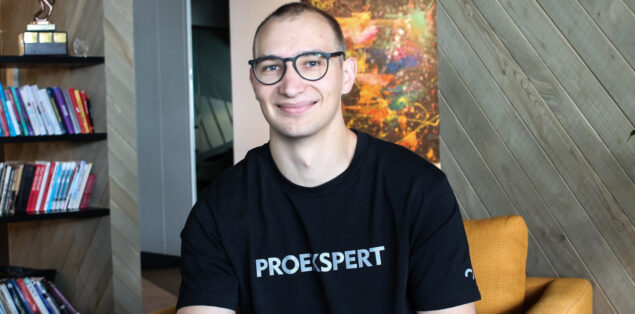Peeter Meos: Globetrotting for operations research
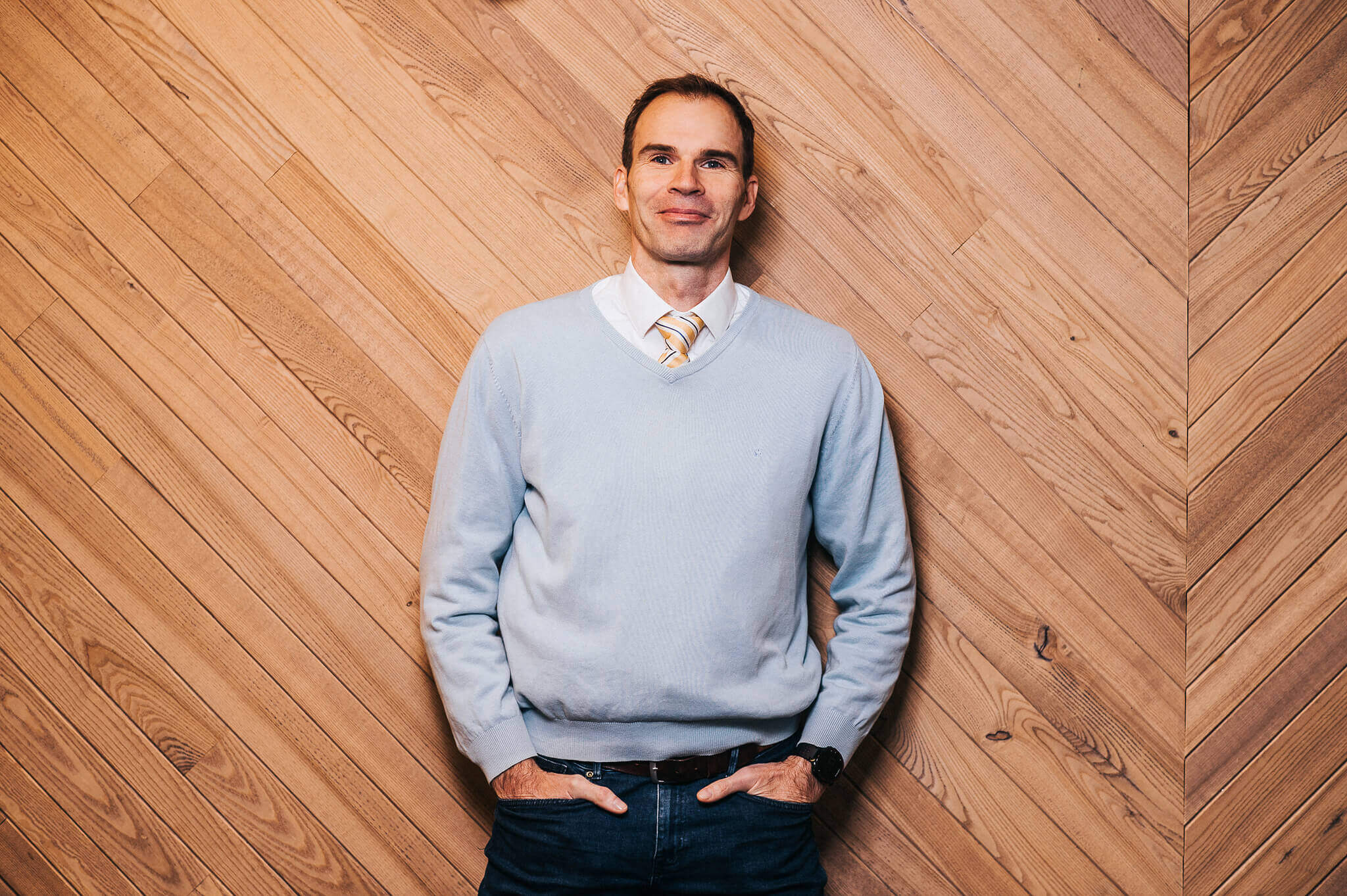
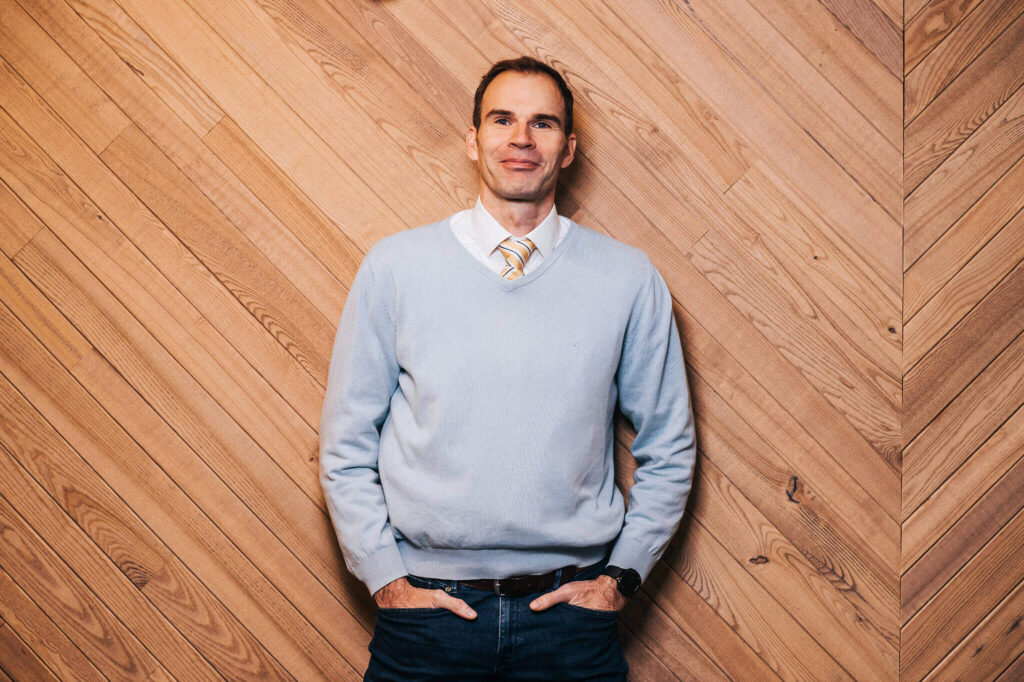
Peeter Meos is a man of knowledge, experience, and wisdom. Already when sitting opposite him, one can sense the warm energy he emits.
Peeter’s personality and attitude have been shaped by his diverse history – born and raised in Estonia, he earned degrees from the United States Air Force Academy and Georgia Tech. He served as a NATO officer for 6 years, and joined the Proekspert family in 2017.
A profession that makes existing things better
Operations research might not be something people who seemingly do not have close contact with this area, think about often. However, according to Peeter whose specialty it is, the results of his work can be found everywhere from creating a perfect coffee blend recipe to making the NATO generals agree on their funding priorities.
“Operations research takes the best parts of mathematics, computer science, and economics, lumps them all together, and then tries to apply it to practical problems,” says Peeter. Working as a Senior Scientist in the NATO Communications and Information Agency, he was faced with a challenge: make a group of very authoritative people agree on a common and highest priority. Twenty generals needed to agree which of 20 to 30 factors was the single most important for the organization. Peeter and his team came up with a solution in order to avoid the usual result of the general with the loudest voice winning.
“The generals taking part in the exercise were asked to independently rank priorities not just from one to 20, but they also had to compare items Y and X, Z and Y pairwise, individually, and then decide which was more important,” says Peeter. “Finally, we took these preferences, put them into a mathematical model that spit out the combination of the line items that differed least from individual rankings, generating the combination that people were least dissatisfied with.”
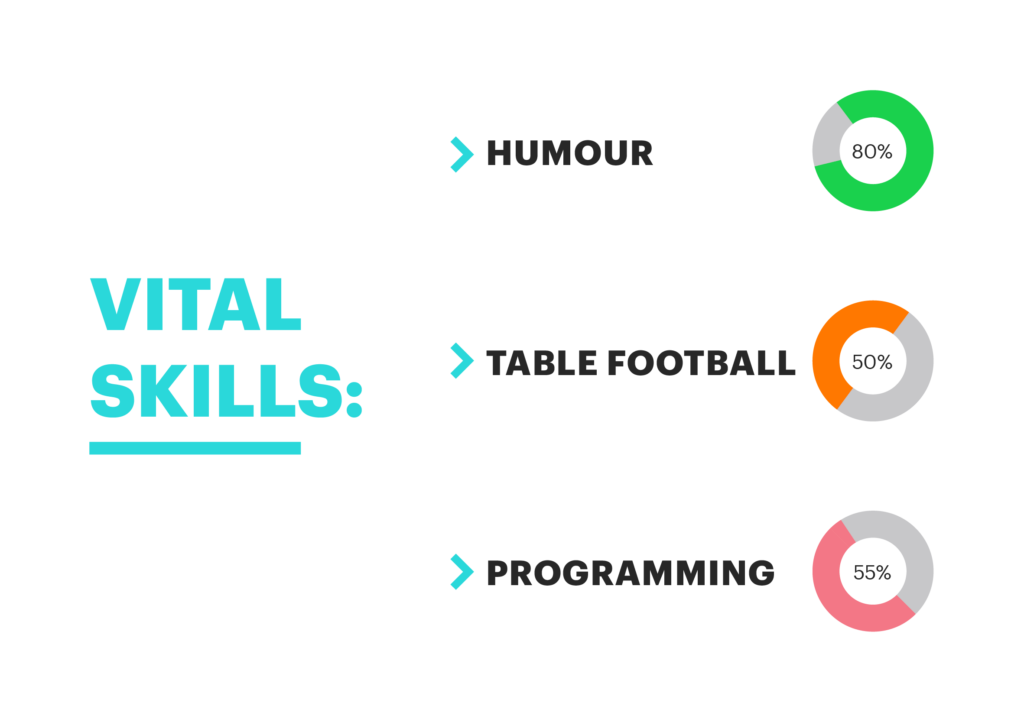
Across the pond
Peeter’s journey to operations research started accidentally. Even though he was versed in maths and physics, his initial desire was to become an Air Force pilot. After starting his studies in Tallinna Tehnikaülikool (now TalTech University), he noticed a newspaper ad from the United States Department of Defense that invited those with knowledge of sciences and English to apply to the US Air Force Academy. He was accepted without ado, packed his bags, threw a farewell party for his friends and family, and flew to the other side of the ocean.
During his first weeks in the academy, he was taken on excursions and introduced to life in the US. During one session there was a heavy cargo pilot who asked the cadets if they had heard about operations research (he had not) and defined it as a combination of math and computer science. Since he knew both of these subjects well, he decided to give it a shot. He graduated cum laude and never regretted his choice.
Still, flying was the push that made him consider Air Force Academy in the first place.
“It is a serene thing that once you are in the air, you are detached from the mundane troubles of the world. I think it’s a bit of escapism, as well. Also, when you’re doing military flying you have that half-percent probability that you’ll get to do something tactical, but usually that doesn’t happen. Mostly it’s like riding a bicycle – you push the stick forward and the trees get bigger, pull back and the trees get smaller.”
Besides learning how to fly and solve problems by combining math and IT, Peeter also experienced life in a completely different environment. “A lot of things obviously weren’t like in Estonia, but I suppose I expected them to be different. Probably the hardest thing, that I wasn’t at all prepared for, was the really outspoken religiousness in rural America.” Every foreign student was assigned to a sponsor family and, of course, as is the custom of practicing Christians, a prayer was said before every meal.
“The first time I had no idea what was going on,” explains Peeter. “I was observing the others, and suddenly they all joined hands and started saying thanks to the Lord. I was like, ‘Okay, I can do that!’“ It was quite an experience to experience how the church culture, which we don’t see much in Estonia, is really embedded in the American culture.
Education with a philosophy for life
During his Air Force Academy days, Peeter established his core beliefs. The first one is brought to mind by his cadet sabre: “We will not lie, steal or cheat nor tolerate among us anyone who does,” he quotes. Peeter has developed an absolute allergy against dishonesty, which helps him when decisions become complicated.
The second principle he lives by comes from the philosopher Immanuel Kant’s concept of the categorical imperative. “Treat people like you’d like yourself to be treated, and treat them as ends themselves, not a means to an end,” Peeter paraphrases. “In other words, don’t use people.” Peeter claims these two simple beliefs help to solve most of the problems, Peeter claims. In addition, he likes the motto of the 1960s racing driver, engineer and team manager, Colin Chapman, which is “Simplify and add lightness.”
“Just take away the unnecessary parts, and then it works as it should,” says Peeter. “It’s optimal. That’s what operations research also goes for – optimality.”
Having traveled a decent amount, seen many different cultures, and learned what matters most in life, Peeter thinks living abroad has made him much more tolerant towards others. “When you go around the world, it doesn’t matter where, you see that on a very human level people are the same. Therefore, the same values and the same basic criteria apply.”
Peeter encourages people to go and explore other countries, as he believes it helps one become a better person. He says it often takes distance to realize how great life in Estonia actually is. Consequently, Peeter’s journey has led him back to where he started from – Estonia – but as a much more of an enlightened person than he was when he left.
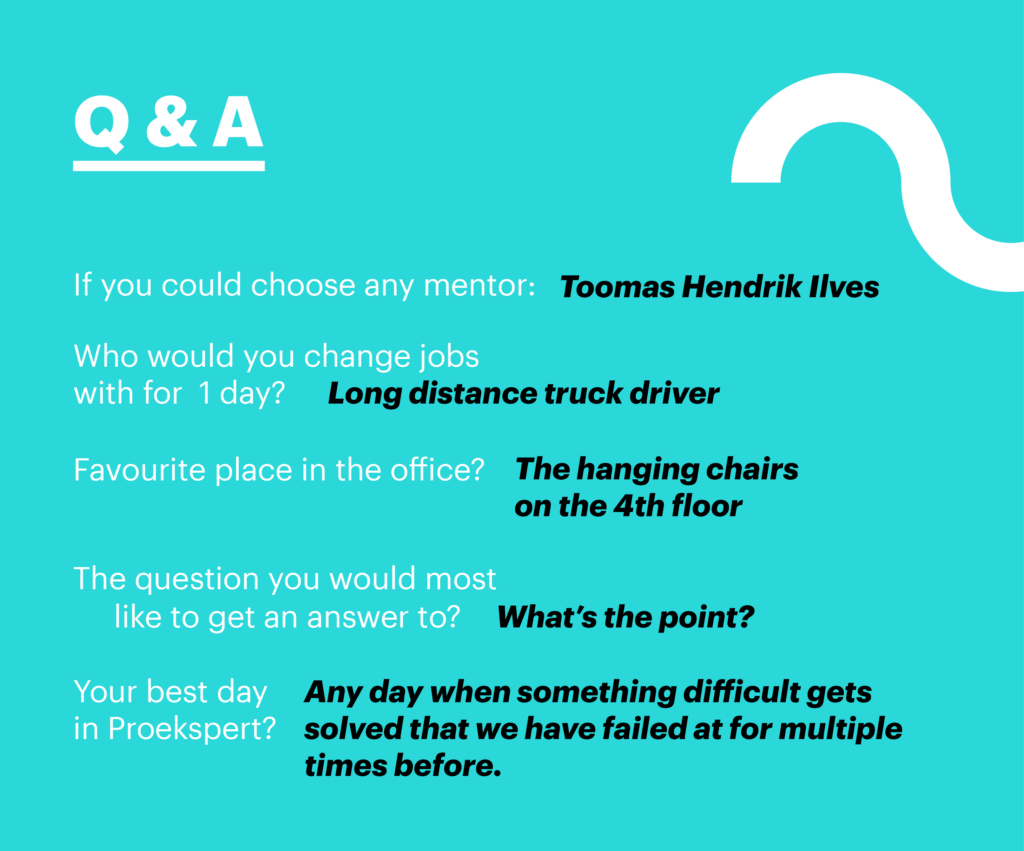
3 items that characterize Peeter as a person
- Pink Floyd songbook – music is really important for Peeter as he sees similarities in it with maths – they’re both patterns. During the end of his high school years, progressive rock had a great influence on his musical taste.
- Cadet sabre – as mentioned earlier, it reminds him of one of the principles he lives by, “We will not lie, steal or cheat nor tolerate among us anyone who does.”
- Estonian Air Force Captain shoulder boards – his best friends are still in the military, so this item reminds him of the strong friendships and sense of identity, “Once you’re an officer, you’re always an officer.”
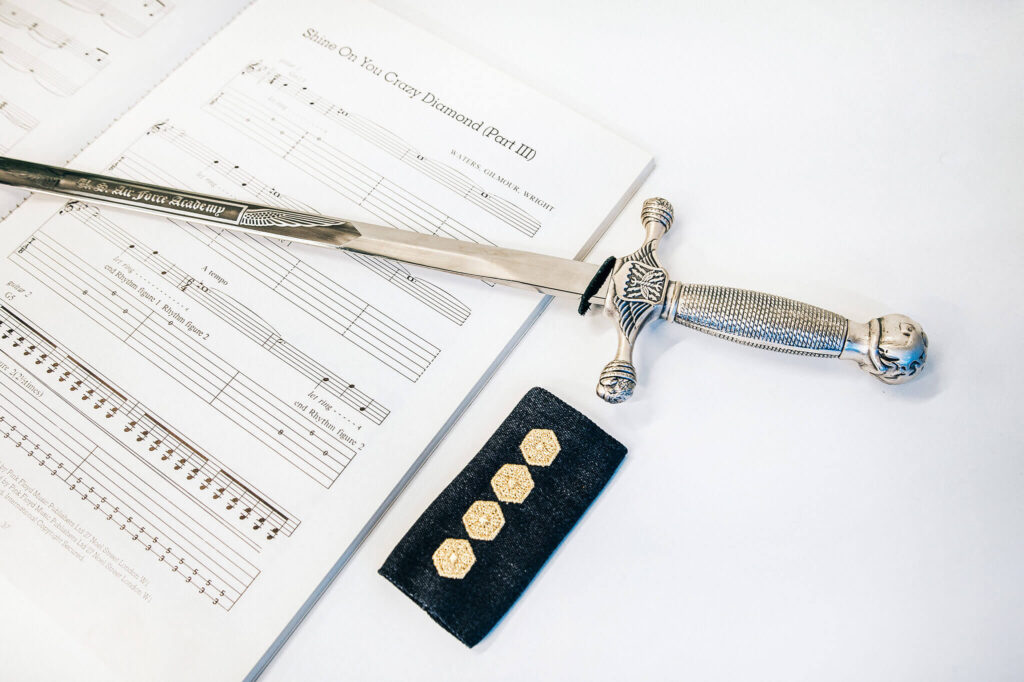
What they said:
Tanel
“Peeter is a man of many talents. He can play several musical instruments and quickly learn new languages. He can suit up and impress Fortune 500 CEOs and then change into his red sneakers and drive his Mini Cooper to a beach for a kite surf session. And he’s the only guy I know who thought that flying fighter jets was boring and concentrated his studies on something more interesting – applied mathematics!”
About Proekspert
Proekspert is a skilled software development company with over 30 years of experience. We have encountered many diverse approaches to equipment, software engineering, and cybersecurity. Our expertise covers embedded software, device-cloud integrations, technician apps, and portals.
